Last updated on August 18th, 2024 at 12:12 am
The Product Manager – Technical (PMT) is a relatively newer role. The PMT role originated in 2016 at Amazon. We now have three Tier 1 employers (Facebook, Amazon, and Microsoft) that offer flavors of this Technical Program/Product Management role. Several other startups and traditional organizations have followed suit in incorporating this role.
In this post, we will go over each of these roles in various organizations to understand their differences.
Defining the Product Management (PM) Role
Let’s start with the basics of the Product Manager role. This role has been around for a while now. The Product Manager is primarily responsible for the WHAT and WHY of the product. To elaborate, the PMs decide what improvements need to be made to the product and why they believe these improvements would make sense.
Some Key Responsibilities of Product Managers are:
- Defining the product vision and roadmap
- Defining their own KPIs, objectives and goals for service adoption and success
- Aligning stakeholders around the vision for the product
- Analyzing and staying aware of the customer’s needs
- Taking ownership of market research to corroborate the product vision
- Working closely with UX/UI to enhance the look and feel of the product
- Partnering with TPMs to deliver the features
- A/B testing features to ensure they produce the expected outcome
- Leading go-to-market (GTM) execution to drive customer adoption and revenue growth
- Partnering with industry experts in both commercial and academic areas
Note: The above is not meant to be comprehensive.
Generally, in a B2C product, PMs look at improving customer experience, increasing revenue, retention, engagement, etc. Based on what PMs want to improve, they work with focus groups or research teams and come up with a product strategy for product enhancements. The PMs then work with the TPM and the development team to execute the same.
In a B2B i.e an enterprise product, the PM would collect this information from customers. In other words, think of a PM as the CEO of the product.
Why Do We Need A Technical Product Manager?
To understand the shift that organizations have made from hiring PMs to creating the PM-Technical roles, we will need to understand the reason why tech & product-based organizations felt this shift was necessary.
Vidya Vrat Agarwal and I discussed this in detail on the podcast. In essence, the evolution of the TPM role took place because the programs were technically complex. And it was found that in order to execute a program successfully, one needed an individual who understands the technical complexities involved in that program.
There were also three primary catalysts that led to the prominence of the TPM role:
- The Move to Agile Development
- The Move from Monolithic Architecture to more API and Microservice-based Architecture
- Organizations Need To Launch Complex Product
- Move to Agile Development – The introduction of the Agile Development method meant that you no longer needed the traditional waterfall method to plan long cycles. In an agile environment, the program/features that required development now needed to be scoped, planned and executed all at once. This meant that the Program Manager would be responsible for fully understanding the technical aspects of the work that needed to be done and thus, the need for a TPM arose.
- Move From Monolithic Architecture To Microservice-based Architecture – This move meant that there were smaller, 2 pizza sized teams that were responsible for a set of APIs. If you were to launch a feature, you would need cross-team collaboration, an in-depth understanding of APIs and how the APIs would interact with each other. TPMs would also need to fully understand upstream and downstream dependencies, and the work required by each team to complete the integration.
- Organizations Need To Launch Complex Products – Never before attempted complex products, that are key differentiators in the marketplace, make a difference to the organizations and their bottom lines. These types of initiatives are packed with the complexity of technology, people and programs. This complexity drives the need for a TPM. A TPM may need to attempt leading initiatives that have possibly never been attempted before. For example, Alexa, iPhone, etc. Ideas are dime a dozen but it’s the execution that matters, and this is a TPMs bread and butter!
The Need For A Technical Product Manager
Now that we understand the necessity of the TPM role, let’s move on to the matter at hand. We will delve into why we are seeing a surge in the Technical Product Manager role.
Let’s start with enterprise software, the B2B Product organizations. Here are some examples of these companies – Salesforce, Tableau, AWS, Azure, Akamai, Splunk, DocuSign, and more. If you look at most of these products, you will soon come to the conclusion that the product itself is quite technically complex. For example, being a product manager at AWS will carry the responsibility of the next generation of RDS. To be able to set the vision and the road map of a product like this, which is primarily used by developers, would require a Product Manager who is extremely proficient in relational databases. Without years of experience, they would not be able to set the vision and road map for such a technically complex product.
Also, a key point to note, in B2B products, is that anytime the word product is added to the title, the individual is also responsible for competitive analysis, pricing strategy, revenue, etc.
As B2C products are also getting technical in nature, you can see the need for a PM with technical know-how and experience. In other words, they take business requirements and translate them into technical requirements/specs.
Product Manager Technical (PMT) (Amazon)
Amazon has PMTs across the board. Take the ‘check-out experience’ at Amazon.com where they need to accept payments across various countries and need to iterate with various payment providers. This would also need a strong PMT who is technically astute in working with various API payment gateways/providers.
Here are some Job Descriptions of Technical Product Managers at Amazon:
- Principal PMT, Outbound, Cloud Management
- Amazon Sr PMT-ES Observability, OpenTelemetry
- Amazon Sr PMT MBA, Alexa Health
- Amazon Principal PMT, Voice Shopping
- Amazon Principal PMT Artificial Intelligence Initiative
- Amazon -Sr. Manager – PMT, AWS AI
- Amazom Principal PMT, AWS Email Marketing
We hope that reading through the above links will give you a better understanding of why we need to have technical Product managers.
You will find excerpts from the AMA with Navin Ganeshan Head of Driver Products On the topic “Technical Product Management at Amazon” below.
- The PM-T indexes more heavily along the areas of technology design and integration.
- A technical PM is working more closely on how multiple systems work together (integration) and in some cases, what APIs are utilized or need to be developed at a high level.
- The level of technical involvement may vary depending on company and product area – for example, a tech platform as product with engineers as customers may require the PM to be more in the weeds on API utilization or platform choices.
- For technical PMs, there is also an expectation of data self-sufficiency where they are not as dependent on BI or other engineers for extracting and analyzing data. While I wouldn’t necessarily imply that SQL capabilities are absolutely critical, let’s just say that analysis and visualization can be a substantial super-power.
Read more on the AMA here.
Technical Program Manager – Product (Facebook/Meta)
In essence, it is almost the same as the role of Product Manager Technical (Amazon) which we just discussed. However, the key difference here is that at Facebook/Meta, these individuals drive both strategy and execution. This means that as a TPM-Product, you are not only responsible for taking the program from kickoff to delivery and driving operational excellence but you would also be responsible for the strategy and the vision of the feature set. In my opinion, being responsible for both functions is quite a tall order. From talking to a few of these managers at Facebook/Meta, it is my understanding that the product vision and KPIs are set at an organizational level, but the finer details of how you go about achieving the target KIPs are up to the TPM-Product and the entire team.
Here are some Job Descriptions of Technical Program Managers – Product at Facebook:
- Technical Program Manager, Product – Instagram
- Technical Program Manager, Product – FB App
- Technical Program Manager, Product- Ads, and Business
- Manager, Product Technical Program Management – Generic
Reading the above JDs will give you a solid understanding of what Meta is looking for in their TPM-Product candidates.
Also, there is a fantastic article from Facebook’s own Blog, which I highly recommend. It’s titled “The Secret Ingredient Driving Facebook’s Product Teams” and rightly so! Also, check out – ‘Meta’s Secret Ingredient & How Facebook Builds Products.
Technical Product Manager (Microsoft)
If memory serves me right, the very first large organization that had a Technical Product Manager role was Microsoft. This was quite a common role when they were developing products like SQL Server, Team Foundation Server, etc. But the number of these roles were fewer back in the day.
The Technical Product Manager at Microsoft is responsible for product strategy and roadmap, and for driving project execution. They are also largely responsible for managing up and aligning with the overall vision set by the overarching product team.
One key difference I see at Microsoft is that the delivery of the program is primarily owned by the Development Manager. The Product/Program Managers are definitely in the picture and assist in delivery, but the individual accountability to get the work done rests with the Development Manager.
Here are some Technical Product Managing Opportunities from Microsoft to help you understand the role better:
- Technical Product Manager – Xbox
- Technical Product Manager -Mobile Device Management
- Senior_Principal Technical Product Manager – Azure IC3 Messaging
- Senior Technical Product Manager – Outlook
- Senior Technical Product Manager- Teams
- Senior Technical Product Manager -ArtificialIntelligence(AI)andMachineLearning(ML)
Callouts/Caveats
Note that all the above observations are broad strokes of how most of the teams work at these organizations. There will generally be differences between business units/teams within organizations.
Take Meta/Facebook, for example. Not all teams have a TPM-Product role. It predominantly exists on the Facebook App, Facebook Business, and Instagram teams, and not in the infrastructure teams.
And at Microsoft, the title is often misleading. Some Program Manager roles would require individuals to do the vision, execution, and delivery, while others might be more sales or business-focused.
A good approach, when looking to join any organization, would be to get as much clarity on the role as possible.
Responsibilities of A Technical Product Manager
Outside the already existing PM responsibilities called out above, here are some of the additional responsibilities of a Technical PM:
- Drive technical strategy, roadmap & partnership with internal/external stakeholders and vendors
- Have a strong technical understanding of the required field and bring in industry-leading ideas that shape the product
- Work closely with Engineering, UX, Analytics, and Data Engineering to develop new and innovative solutions
- Closely monitor the technical progress of competitive products and services
- Lead or partner with competitive benchmarking and competitive analysis teams
- Take on complex technical problems and refuse to accept constraints both internally and externally
- Ability to communicate complex technical problems, solutions and challenges
Skills Required For A Technical Product Manager
- Technical Depth / Domain Expertise
- The technical depth required for these types of roles vary in a wide spectrum. This could be someone who is quite experienced in Databases to someone with in-depth knowledge in the AI/ML space. Thus, a suitable candidate could be someone who is a developer or someone who is a Subject Matter Expert from that specific space.
- It is also likely that most Technical Product Managers tend to have a technical/engineering degree. They also need to have excellent familiarity with scalable system architecture and design principles.
- Strategic Product Thinking
- They must have the ability to construct short and long-term vision for the product they are working on. This would also entail having a solid understanding of the competitive landscape and the ability to think outside the box when it comes to solving technical problems.
- Subject Matter Expert
- The PM should also have a view/ideology/philosophy on the subject matter. They should be able to clearly articulate the current landscape, have an understanding of the existing problems and a keen understanding of the competitive landscape.
- Stakeholder Management
- Oftentimes, PMs are required to get approvals of what they plan to do before it goes into execution. And this is rightly so, as executing on a faulty vision or a chaotic product road map could cost the organization millions of dollars and a lot of valuable time.
- They also need to be able to work well with a variety of stakeholders from legal, marketing, sales, social media, go to market, engineering, customers, etc.
- Drive Vision
- They need to be able to persuade both the senior leadership as well as the team that is implementing the vision.
- PMs need to be able to effectively take criticism, pivot, and change strategy when required.
- Business Acumen
- You often see PMT’s who have MBAs. Although not strictly necessary, it comes in handy when they need to analyze data or effectively run the product/feature set like a business. They also need to be a rockstar in the prioritization of the features that need focused work.
- Program Management
- In roles that require delivery, there needs to be a solid understanding of program management. Fundamentals of project planning, addressing blockers, cross functional collaboration, risk, and conflict management become important skills in play.
- Collaborators
- PMTs/TPMs need to be excellent collaborators. Ownership without ego is a must.
Salary & Pay For Product Manager Technical
There is not a lot of pay data out there for ‘Technical Program Manager – Product’ or ‘Product Manager Technical (PMT)’ roles. This is because the role is relatively new and there are fewer roles in the market.
My search on LinkedIn showed 7,400 results for ‘Product Manager Technical (PMT)’ and 686 results for ‘Technical Program Manager – Product’. Cumulatively, that’s roughly 8000 individuals who are in PM-Ts or TPM-Product roles in total. That is really low when compared to a search for ‘Product Managers’ which gave a whopping list of 4,280,000 results!
Having said that, I have spoken to hiring managers from Amazon, Meta/Facebook, Oracle Cloud Infrastructure and Microsoft who say that the Technical roles for Product Management provide an additional 25% to 40% higher pay in comparison to a non-technical PM role at the same level, within their organization.
What a majority of hiring managers pointed out was that the salary is predominantly determined by the expertise the PM brings to the table and the scarcity of such expertise. If they have previously solved the problems the organization/product is looking to solve, then their value increases accordingly.
If you are applying for a role, it is important from a candidate’s standpoint that you showcase the problems you have solved and bring forth your depth and breadth of knowledge in said area.
I would recommend using https://www.levels.fyi/ as a base and then accessing what you bring to the table, to add the 25% to 40% overage.
Reporting Structure
The reporting structure of a Technical PM or a TPM-Product differs from organization to organization and also changes as reorganizations happen. In general, for most products, the PMs are led by a centralized product organization. This helps provide the entire organization with a very clear direction and a more holistic approach to the vision, and the KPIs of the Product.
When the product itself is technical in nature, the product strategy and vision are led by a product management team, but this team would be at the top, directly reporting to a VP or SVP of engineering.
How to Become a Technical Product Manager
A great start would be to read a few of the top Product Management books. Here are some recommendations:
- Inspired: How to Create Tech Products Customers Love by Marty Cagan
- Hooked: How to Build Habit-Forming Products Author: Nir Eyal
- The Lean Startup by Eric Ries
- Cracking the PM Interview: How to Land a Product Manager Job in Technology by Gayle Laakmann McDowell
- Sprint: How to Solve Big Problems and Test New Ideas in Just Five Days by Jake Knapp
If you are looking for a more structured approach, I recommend the following:
Exponents Product Management Interview prep course & Ace the TPM Interview course.
Thanks !!
—-
Sure, Mario.
I started this TPM blog 7 years ago and documented my fulfilling journey as a TPM. I have had people reach out to me about Technical Program Management training, courses, or books that could help them. And there were none. I took a step back since the effort has been monumental. But over time, after having put in 100s of hours of effort over a couple of years, I have created and set up full-fledged training programs for TPMs.
At this point in time, I have 5 courses for Technical Program Managers. I also provide 1-1 guidance for people who struggle with making their next career move, be it finding their next job or being better equipped for their current one.
Ready for your next career adventure?
Get personalized advice from Mario to confidently choose the roles, companies, and skills that shape your future!

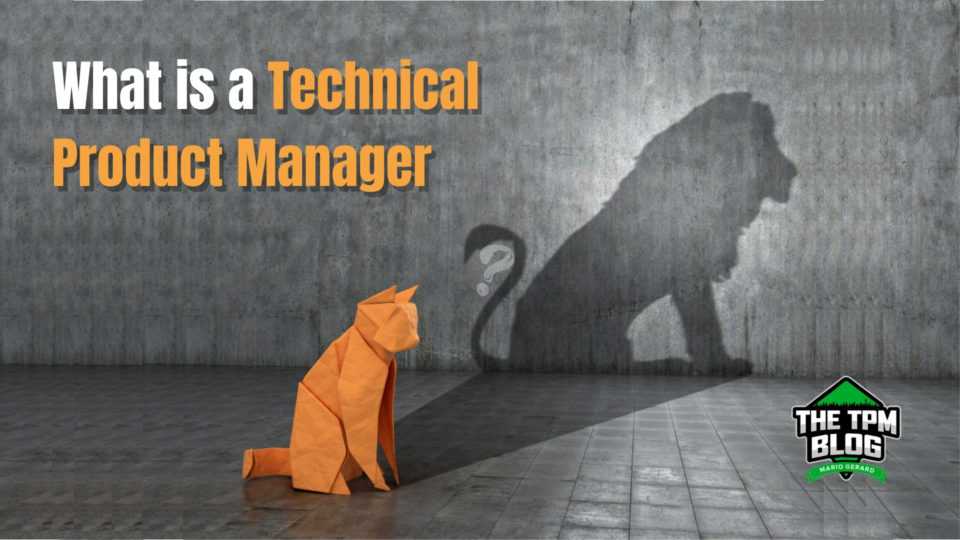
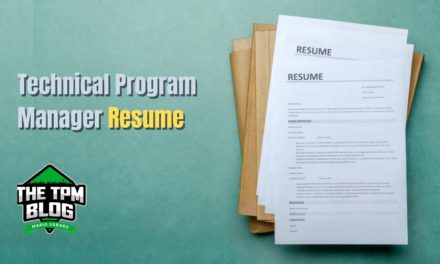






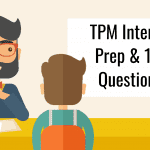
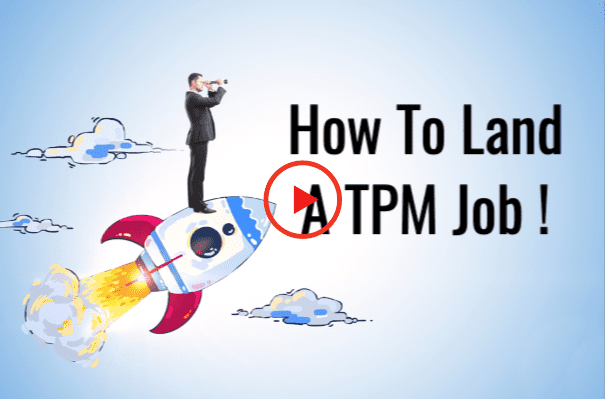

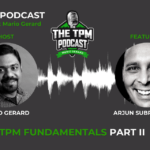

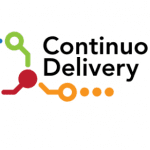
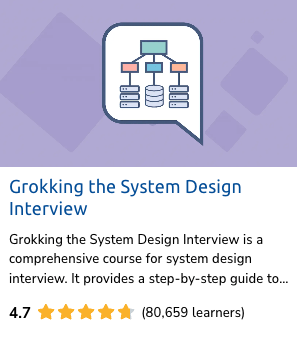

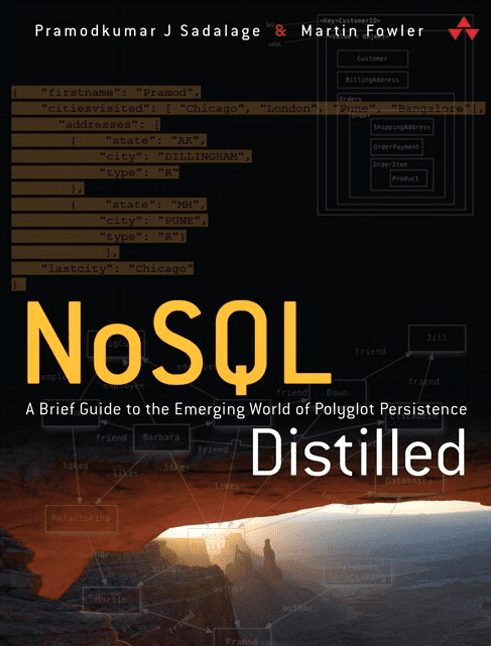
Good article. In my opinion, the PMT role at Meta is a bunch of nonsense. Product manager represent customers’ needs while program managers work with product managers to balance what can be delivered by the team. The Meta role in essence puts the person in an impossible situation in that they’re expected to exercise both business and technical acumen and be responsible for both. Traditional PMI methodology provides support to the project manager via the role of a project sponsor. In Scrum, the product owner and scrum master collaborate. It would see that Meta wants to dump the responsibility of decision making on the PMT without empowering him/her.
Thanks once again for this very informative work, Mario. You just gave me an idea for something else for my career